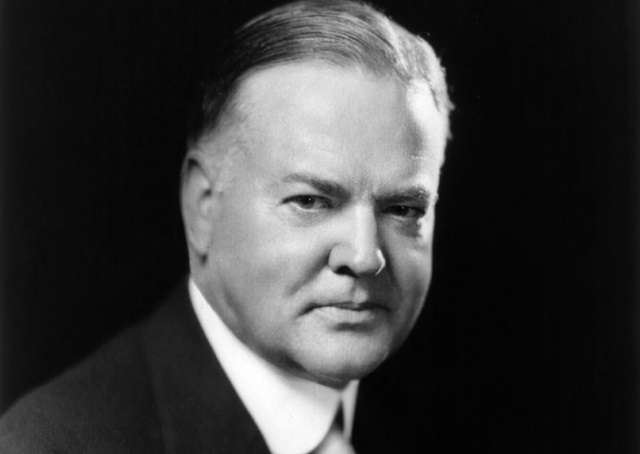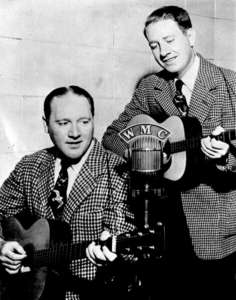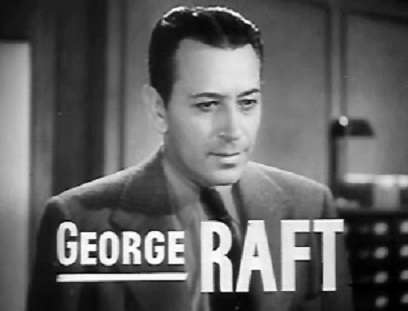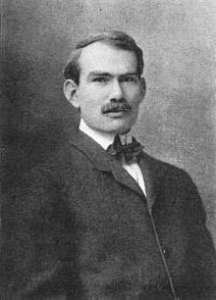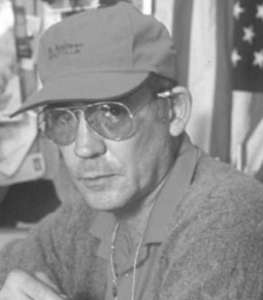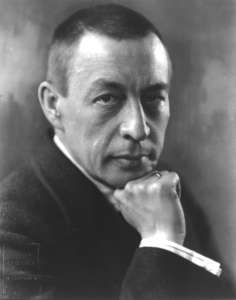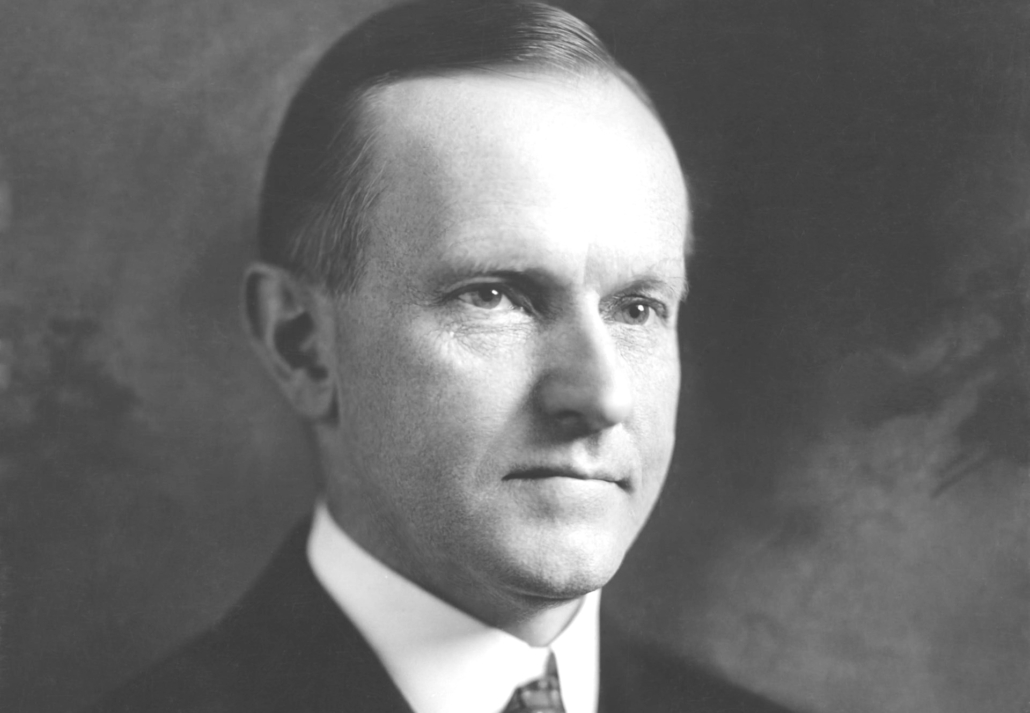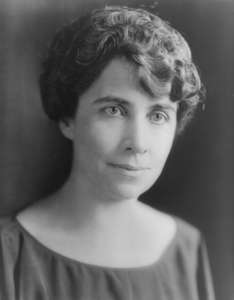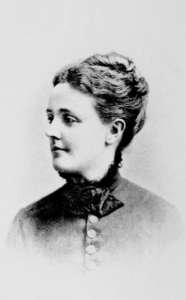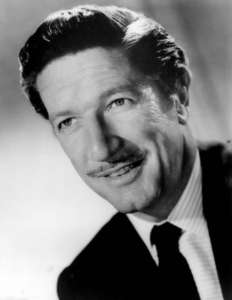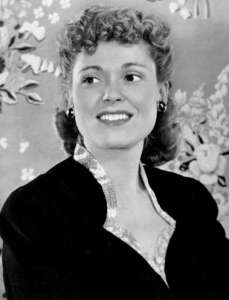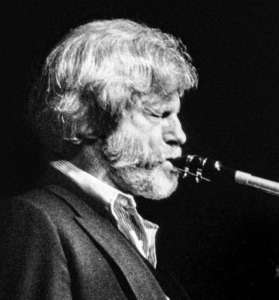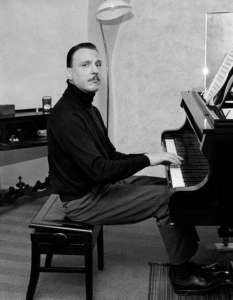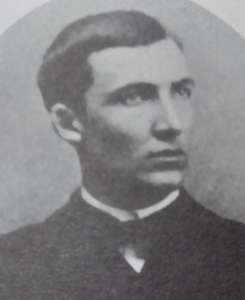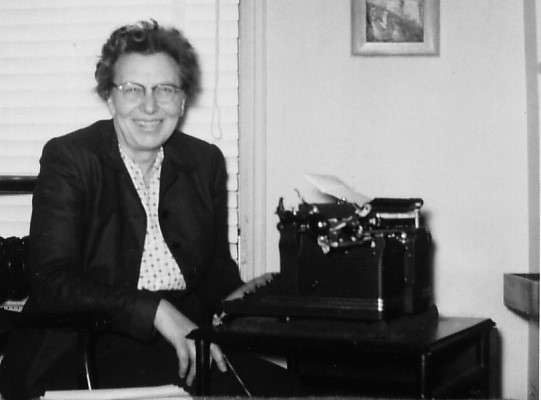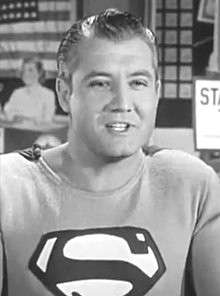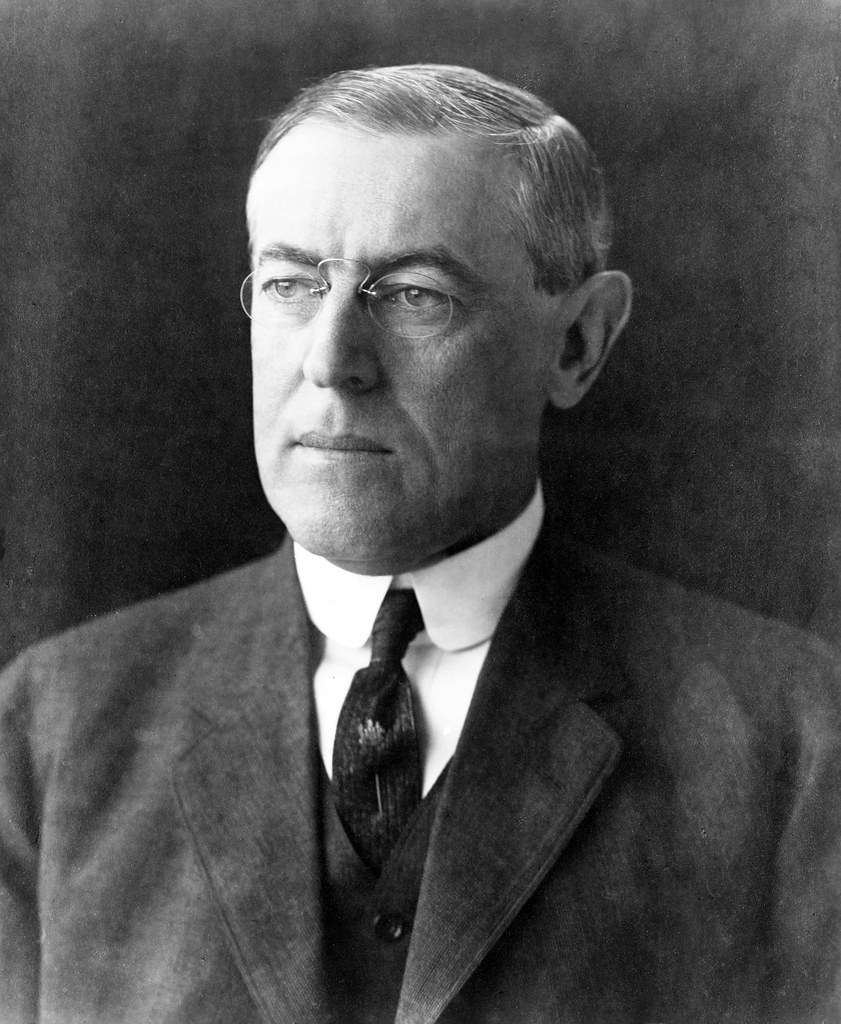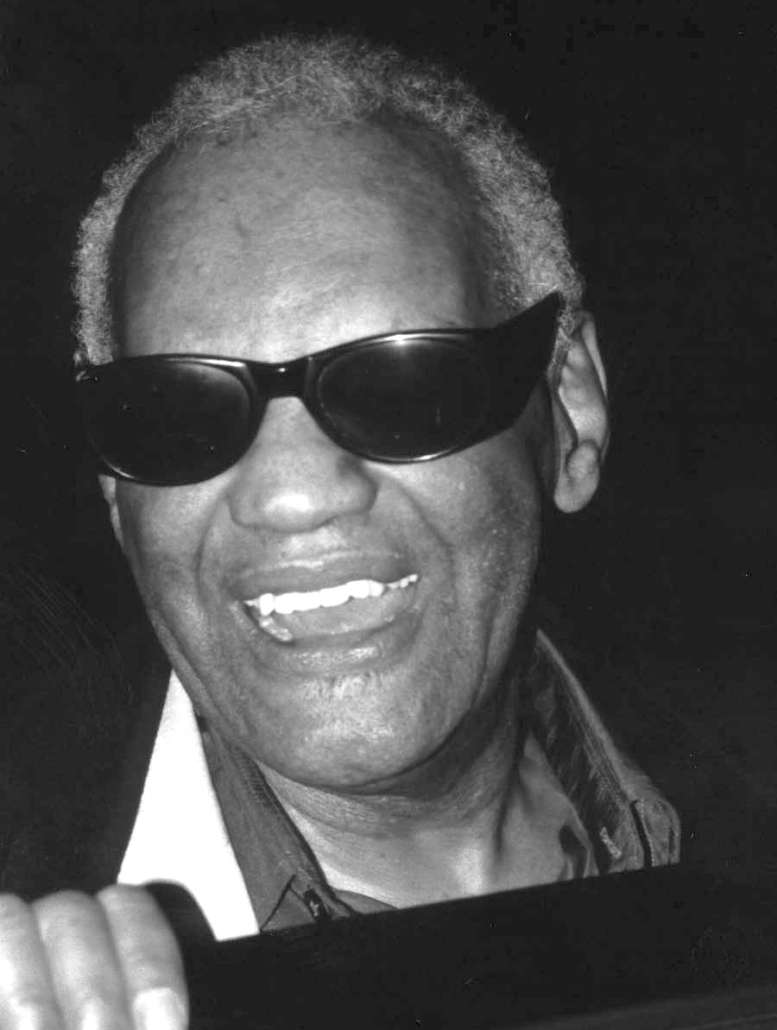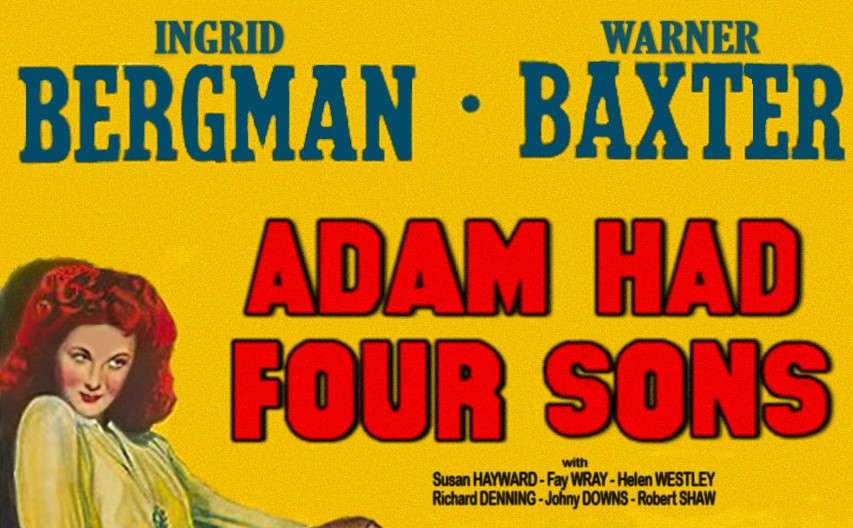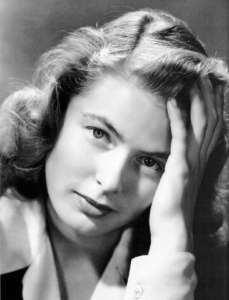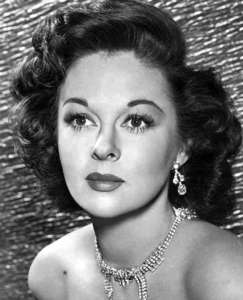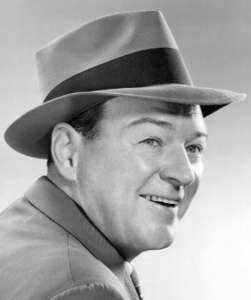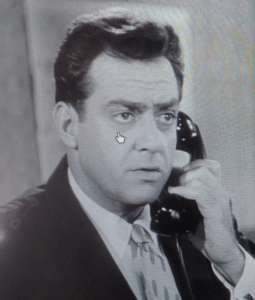REVIEW POTPOURRI: Herbert C. Hoover
 by Peter Cates
by Peter Cates
Herbert C. Hoover
The 31st president Herbert Clark Hoover (1874-1964) heavily criticized FDR’s New Deal policies and increasing big government spending; he stated the dollar decimal point was “wandering around among the regimented ciphers trying to find some of the old places it used to know. ”
In response, FDR launched fishing investigations into Hoover’s four years (1929-1933) but came up with zero.
As a one term president before the four terms of Franklin Delano Roosevelt, Hoover’s most serious blunder was his glaring lack of sensitivity to the nationwide collapse of businesses, and to the horrific unemployment and near starvation of millions during the early years of the Depression, continuing to believe that private enterprise , local charity, etc., would suffice.
Sadly and ironically, it was Hoover who led relief efforts in Europe after World War I to save many millions there from starvation.
Herbert Hoover was born to Quaker parents in West Branch, Iowa, on August 10, 1874; was orphaned at ten and raised by uncles and aunts; showed initiative and self-reliance during these early years, entering the then newly-founded Stanford University, in Palo Alto, California, in 1891, at the age of 17, where he totally supported himself; earned degrees in engineering; and, through his success as a mining engineer, became a millionaire by the age of 40.
Hoover met his wife, the former Lou Henry (1875-1944), while attending Stanford and they had two sons, Allen and Herbert Jr., both of whom pursued careers in engineering.
After leaving the White House in 1933, the Hoovers settled down in a mansion in Palo Alto. When Mrs. Hoover died in 1944, the former president moved to a suite in New York City’s Waldorf Astoria Hotel, and assumed the role of an elder statesman and advisor, when asked, to both Republicans and Democrats until his own death at 90 years old.
Hoover was shunned by FDR but welcomed back to the White House by both Truman and Eisenhower who asked him to set up a group known as the Hoover Commission to help with food distribution in Europe after World War II and to help eliminate government waste in the U.S.
Interestingly, during the 1920s, Herbert Hoover and his wife would dine frequently with the Roosevelt’s and moved in the same social circles.
Delmore Brothers
Recommended listening and accessible on YouTube is a ten-inch 1945, 78 rpm record on the King label by the Delmore Brothers who were outstanding early country singers and guitarists. The two selections are Midnite Special, and Why Did You Leave Me, Dear?


